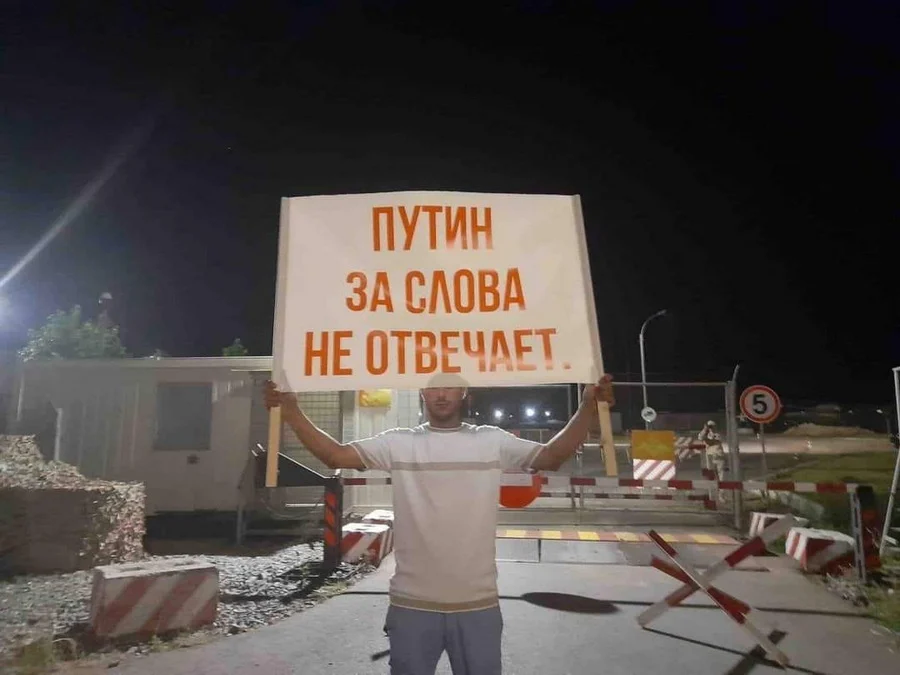During and after conflicts, the interested parties engage in negotiations, whether effectively or in vain. During the 44-day war, for instance, Armenia and Azerbaijan maintained regular diplomatic contacts, and on three occasions, through the mediation of Russia, the USA, and France, they signed ceasefire agreements that were never implemented.
Let’s set aside the question of why this happened. What I want to emphasize is that war and negotiation, paradoxical as it may seem, do not contradict each other. (Incidentally, negotiations also took place during the 1992-94 war. I am somewhat familiar with those, and it may seem surprising, but in my view, the diplomacy of a two- or three-year-old state was more mature than that of a state 30 years in existence.)
Today, representatives from Gaza and Israel, as well as Russia and Ukraine, are engaged in intense political contacts. In the case of the Russia-Ukraine conflict, negotiations have not yet yielded results because the minimum demands of each side are mutually unacceptable.
Putin’s primary demand, in particular, is not directed at Ukraine but at the USA. Simplified, it could be formulated as: “Accept me as Churchill and Roosevelt accepted Stalin; in other words, recognize my ‘zone of influence,’ where I can act as I please.” A more specific manifestation of that demand is: “Give me a written guarantee that Ukraine will never join NATO.” The USA’s response (again, stripping away the diplomatic language) might be: “You and your country do not have the status for us to treat you that way or give you such a guarantee.” This response clearly infuriates Putin, and he continues the bloody war to “demand respect.”
Read also
Now, let’s turn to our problem. Azerbaijan’s long-term goal is to destroy our statehood. But there are also minimum demands: amending the constitution, establishing a “corridor,” the return of “enclaves,” recognition of “West Azerbaijan,” and border concessions. Logically, our minimum demands should counter these: the return of Artsakh residents with guarantees of safety and rights, and the release of prisoners.
However, we fail to formulate such clear demands. Instead, we cling to the arms of Lavrov, Blinken, Macron, Charles Michel, and ask in a pleading voice: “If we fulfill all of Azerbaijan’s demands, do you guarantee that we will not be attacked?”
The answer to that question (again, translated from diplomatic language) might simply be: “Those are your problems.” The subject never cares about the problems of the object.
Aram Abrahamyan




















































